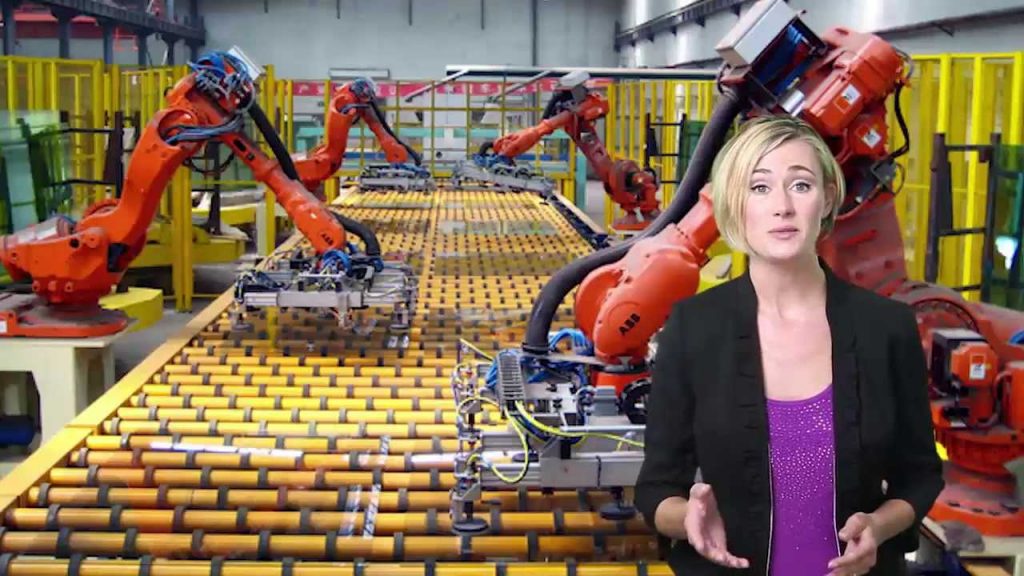Industrial Automation: Revolutionizing Factories Since the 1970s
*Opinion/Thought Piece Style*
Factories have come a long way since the 1970s. With the advent of industrial automation, these manufacturing hubs have undergone a significant transformation. In this episode, join Allison and Vince as they delve into the current trends in factory automation and explore the fascinating world of Industrial Automation.
Industrial automation refers to the use of various control systems and technologies to streamline and automate processes in manufacturing units. Since its inception, it has revolutionized the way factories operate, making them more efficient, productive, and cost-effective.
In today's fast-paced world, where competition is fierce, factories are constantly seeking ways to optimize their operations. Industrial automation has become the go-to solution for achieving this goal. By incorporating advanced technologies such as robotics, artificial intelligence, and machine learning, factories are able to achieve higher levels of precision, speed, and accuracy in their production processes.
One of the key trends in factory automation is the integration of collaborative robots, also known as cobots. Unlike traditional robots that are designed to perform tasks autonomously, cobots work alongside human workers, enhancing their capabilities and improving overall productivity. This collaboration between humans and machines not only increases efficiency but also ensures a safer working environment.
Another trend in industrial automation is the adoption of Internet of Things (IoT) technology. By connecting various devices and machines within a factory, IoT enables real-time monitoring and control of operations. This allows factory managers to make data-driven decisions, optimize resource allocation, and prevent costly downtime.
The future of factory automation holds even more exciting prospects. With advancements in technologies like 3D printing, virtual reality, and augmented reality, factories are set to become more agile and flexible than ever before. These technologies will enable quick prototyping, rapid customization, and streamlined maintenance processes, leading to reduced time-to-market and increased customer satisfaction.
Industrial automation has not only transformed the manufacturing sector but also created new job opportunities. While some fear that automation might lead to job losses, the reality is that it is creating a demand for skilled professionals who can design, develop, and maintain automated systems. This opens up avenues for engineers, technicians, and programmers to thrive in this evolving landscape.
In conclusion, industrial automation has been a game-changer for factories since the 1970s. It has revolutionized the way manufacturing processes are carried out, making them more efficient, productive, and cost-effective. With current trends such as collaborative robots and IoT integration, and the promising future prospects with technologies like 3D printing and virtual reality, the automation revolution shows no signs of slowing down. Embracing industrial automation is not only essential for staying competitive but also for unlocking new opportunities in the evolving world of manufacturing.
Check the coil packing solution with a leading manufacturer for professional solutions in industrial automation. They offer cutting-edge technology and expertise to optimize your factory operations and take your productivity to new heights. Industrial Robot
"The Evolution of Automation: Unleashing the Potential of Factory and Industrial Automation"
